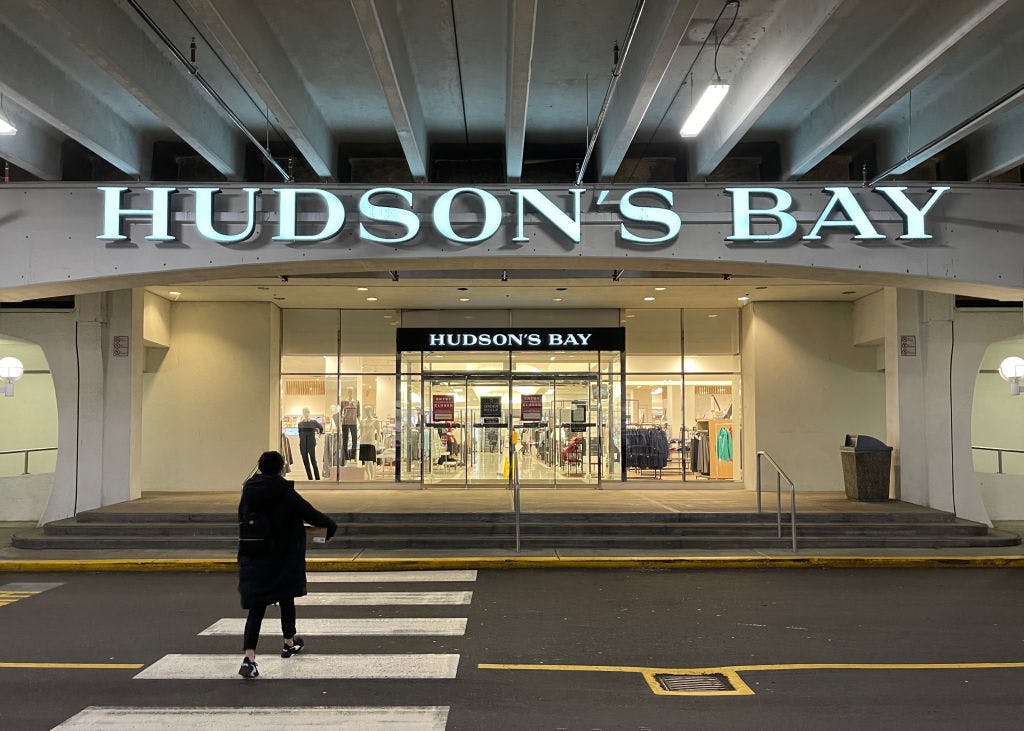Hudson’s Bay files for creditor protection as the historic Canadian department store chain tries to keep doors open
The 354-year-old retailer has struggled with declining foot traffic and slumping sales as shoppers rein in spending.
On Friday, Hudson’s Bay Co., which owns Hudson’s Bay, TheBay.com, and a handful of Canadian Saks and Saks Off Fitch stores, filed for creditor protection. Similar to a Chapter 11 in the US, filing under Canada’s Companies’ Creditors Arrangement Act allows struggling companies to restructure debt while keeping their doors open.
The Ontario Superior Court of Justice has since granted the company a protective stay, which halts creditor actions for 10 days with potential extensions at the court’s discretion. FYI: Hudson’s Bay shoppers still hold about $24.3 million in gift cards as of February 1.
Hudson’s Bay has deep roots, dating back to 1670 when it was founded as a fur-trading company. The company originally traded its blankets and goods for pelts, and over time became one of Canada’s oldest and most influential businesses. But times have changed: in December, Hudson’s Bay spun off its Saks Fifth Avenue subsidiary, making it a stand-alone business. Shortly after, Saks acquired Neiman Marcus for $2.65 billion, forming Saks Global, which also includes luxury retailer Bergdorf Goodman.
The move was part of Hudson’s Bay’s effort to streamline its portfolio and cut losses as it dealt with rising costs, slumping sales, and tougher competition from Amazon as well as other major luxury e-commerce players. The company said it’s also facing increasing pressure from incoming US tariffs and a broader postpandemic shopping slowdown.
Both US and Canadian retailers have faced pressure as inflation and high interest rates strain household budgets. After more than 50 years on the stock market, Nordstrom agreed to go private in a $6.25 billion deal in December after the upscale department store chain faced slowing sales and mounting pressure from other luxury and e-commerce brands.
